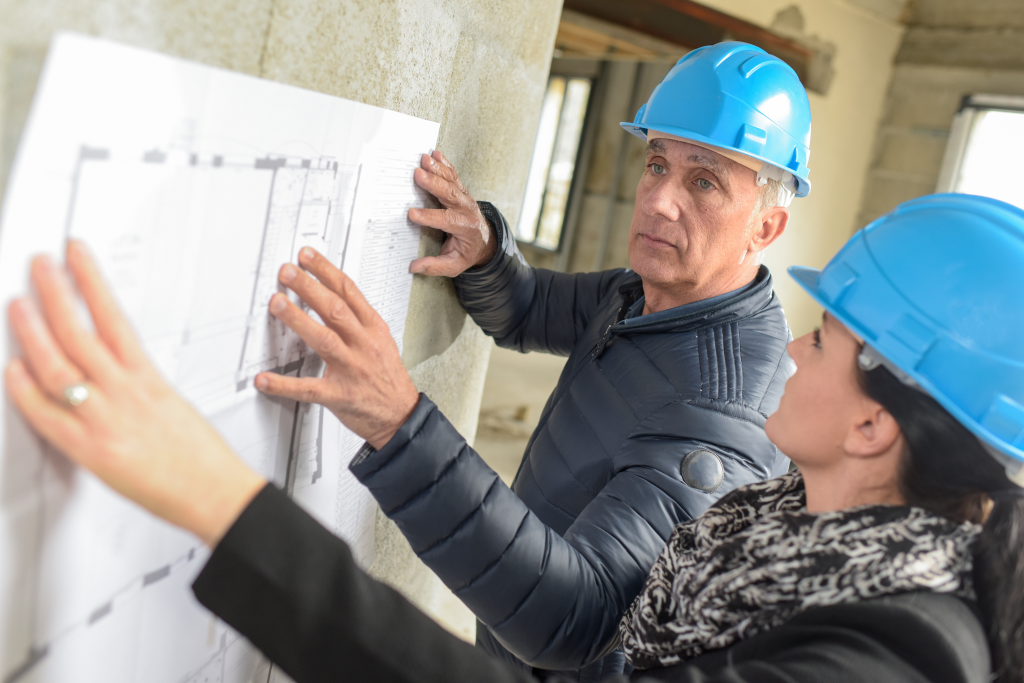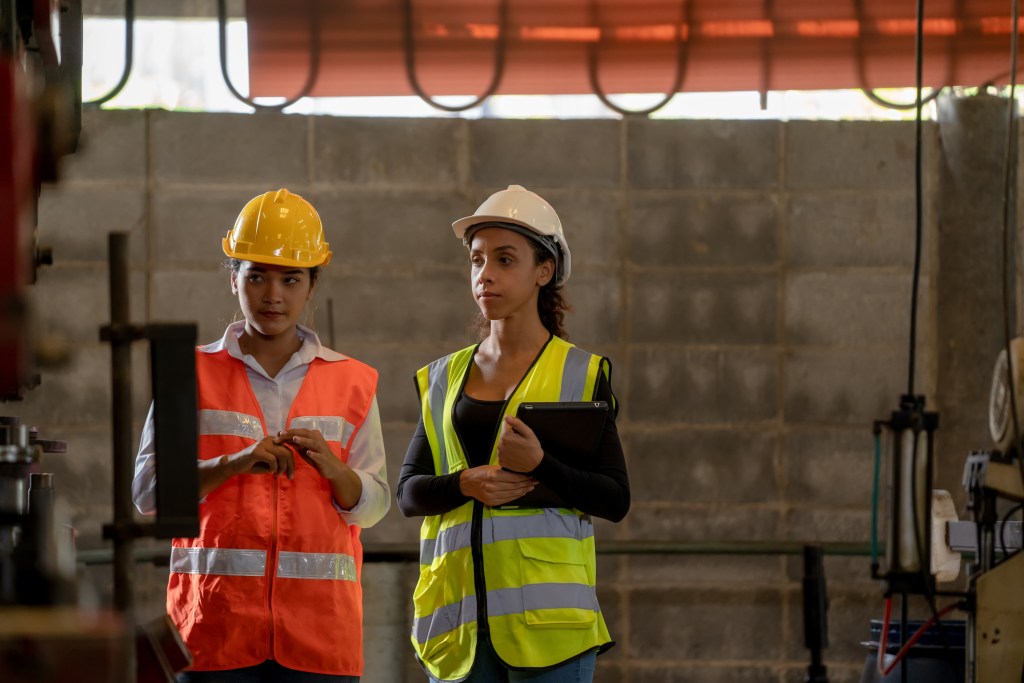When most people begin researching information about development projects either at their home or business, most look into hiring a general contractor. Most individuals believe the general builder they hire for a construction project is essentially the job’s foreman. However, while that may be true, many contractors do more than oversee the job site for a construction project.
General contractors are typically the project head who designate the budget, handle projections for the plan, set deadlines, hire the team, source supplies, and hire subcontractors, among many other tasks. If you’ve been wondering what a general contractor does and how they work, this guide will provide you with more clarity on their importance in the construction process.

General contractor responsibilities
A general contractor is responsible for working with the construction design team, the workers, and the project owner. Acting as a liaison, the contractor communicates with all individuals and organizations involved during every stage of the build. Below are some of the responsibilities of a general contractor overseas.
- Project management – A general contractor keeps the project moving efficiently and oversees all the management needs of the job site. They manage the funding, purchasing, and payment progress of a project. Additionally, they handle the sourcing, hiring, and payment of the personnel for the job site. Contractors also can solicit and hire the qualified subcontractors needed for the project.
- Project coordination and planning – Any construction job, whether commercial or residential, needs to have a plan for the project flow. It’s the task of the general contractor to gather a timeline, budget, and permits. The contractor coordinates all the necessary development and implementation of the construction details, determines the needed materials and equipment, predicts any alterations to the original plan and adjusts accordingly, and handles legal and regulatory requirements.
- Project targeting – The general contractor needs to make sure the construction stays on schedule, assure worker safety, and guarantee a consistent supply of materials and equipment required to complete the job. They also must communicate with clients regarding changes to the original plan, along with the construction progress.
Handle the license and regulation process
General contractors typically need to be licensed by a state to conduct business. While there may not be a requirement for a contractor’s license in all states, using a contractor who has the necessary licensing is recommended. Licensing requirements differ between states and also at local city and county jurisdictions. However, a licensed contractor should have the criteria for the project and be adequately insured to provide services.
Likewise, general contractors handle many responsibilities in terms of legal and regulatory needs for the assignment. Often, they must secure the necessary permits and licenses before the start of the project, while also covering any fees and taxes incurred.
The entire construction operation requires obeying local legislation and building code enforcement. Many contractors also are compelled to keep up with industry knowledge and any additional licensing and regulation updates necessary for construction projects.
Reinforce safety requirements
In addition to the other responsibilities of the general contractor, it is also their duty to protect the health and safety of all on the job site. The contractor implements procedures and raises awareness of common safety concerns. Contractors must also ensure the proper operation of equipment and aid in preventing misuse that can create the potential for accidents and injury. Additionally, they must do their best to supervise emergencies and issues at the site while reporting these to the client’s supervisory staff.
General contractor vs. subcontractor
People sometimes mix up the difference between a contractor and a subcontractor. Therefore, to better comprehend what a general contractor is and what those in this role do, it’s important to understand these two contrasting roles.
The general contractor is essential to manage the overall project site and plans and subcontractors are specialists in specific projects of the construction process. For example, many subcontractors are plumbers or electricians who only work in those specialized roles. The general contractor coordinates the subcontractors with the projects they are hired to do for the overall project.

What does a general contractor do?
General contractors do much more than supervise a work site. Their role is essential to ensure all tasked projects at the construction location go according to the plans. They hold many roles throughout the different steps of a job. Furthermore, with the multitude of responsibilities that a general contractor has on a project, they should be highly capable of managing concerns and making informed decisions on a daily basis.



